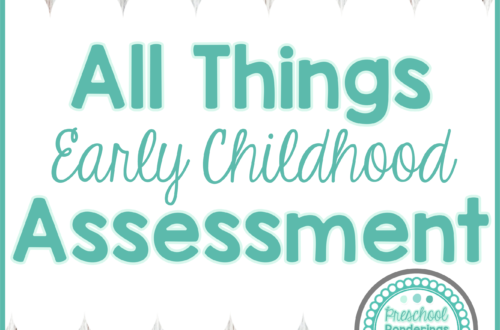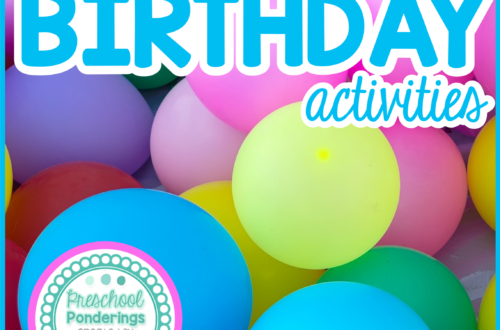tips for teachers
-
Organizing all that paperwork!
If you’ve spent any time in a licensed child care program, you’ve seen all the required paperwork – lesson plans, daily communication sheets, medication forms, permission slips, pick-up lists, the forms are never ending. If you’ve ever been a program administrator then you’ve felt the crush of the paperwork avalanche – add all those licensing forms to invoices, bills, staff forms, and all that mail! If you’re like me you’re probably feeling your blood pressure rise just thinking about it, but I’ve got a few tips to help you handle all that paperwork. Whether you’re a classroom teacher or an administrator, I hope that some of these tips will be…
-
Cleaning tips
I spent most of today cutting out things that had been laminated, and when I was done my scissors were full of sticky lamination adhesive and I could barely use them. Do you want to know my trick for cleaning sticky scissors? Clorox wipes. I’m not joking, if you carefully rub the wipe along the blade of the scissors over and over, all of the sticky stuff will come off. Since I’m sharing that random cleaning tip, here is another post that has even more great cleaning tips for the preschool room: Getting rid of preschool stains What are your secret cleaning tips?
-
Explaining assessment to families
Assessment in preschool is definitely a thing – it’s a huge part of what early childhood educators do every day, but most casual observers would never know that. This is because it’s not obvious. As teachers it important to be able to explain this unique assessment process to parents and family members so that they have a clear understanding of how we know what skills and concepts their child has mastered. There are two things that make preschool assessments just a little different; First, preschool assessments should be formative assessments. This simply means that you are using the results of any assessment to plan further activities and learning experiences. These…
-
Ideas for streamlining parent communication
One of the teaching tasks that I dread is parent communication. I go overboard trying to get parents’ attention. I share messages in every possible way that I can, hoping that one of them will make it’s mark. Nothing seems to work, and I know I’m not alone in this because I work with teachers everyday, and they all tell me the same thing. But, I’ve had a thought – an epiphany if you will. I’ve been thinking a lot about routines lately (see yesterday’s post), specifically, how routines are just as important for adults as they are for children. If I develop a routine for communicating with parents, not only…
-
Finding the motivating factor
I just came home from the dentist, I had to get three cavities filled. Yuck. To be honest, the actual procedure doesn’t bother me, I’ve had enough dental work done in my life that I’m used to the noise and the numbness, it’s the price tag that really hurts. I’ve been told for the last 20 years that I need to be flossing every day, and I finally learned the lesson – because I finally figured out my motivation. The cavities don’t motivate me, but the money definitely does. So what does this have to do with preschool… I promise, it actually flows quite well! This is why it is…





